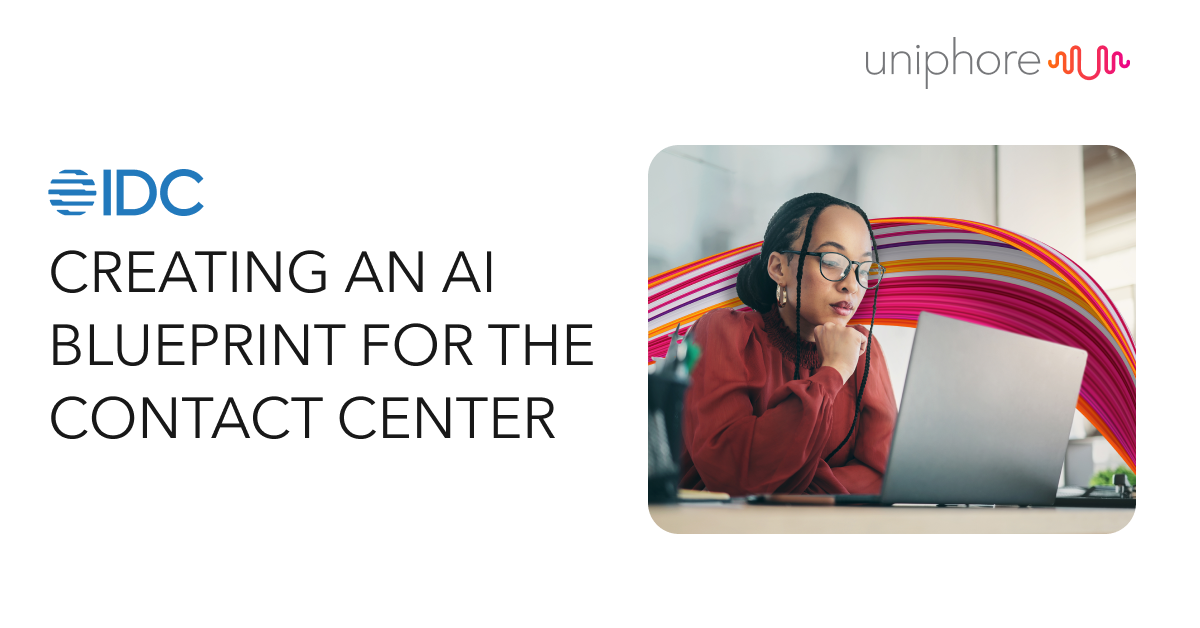Customer loyalty is a level of engagement that indicates how likely customers are to repeat business with a company and choose their goods and services over those of their competitors. Key factors that drive customer loyalty include:
- Consistently meeting or exceeding customer expectations (i.e. customer satisfaction)
- The ease and speed of solving customer issues
- Timely fulfillment of follow-up actions
- The level of personalized service offered
- A company’s perceived trustworthiness
- Positive brand image and perception
Customer loyalty is a good indicator of which sales, marketing and customer service strategies and solutions are working best. Customer loyalty is also closely related to Brand Advocacy, as loyal customers typically make the best brand advocates and regularly return high Net Promoter Scores (NPS).
)